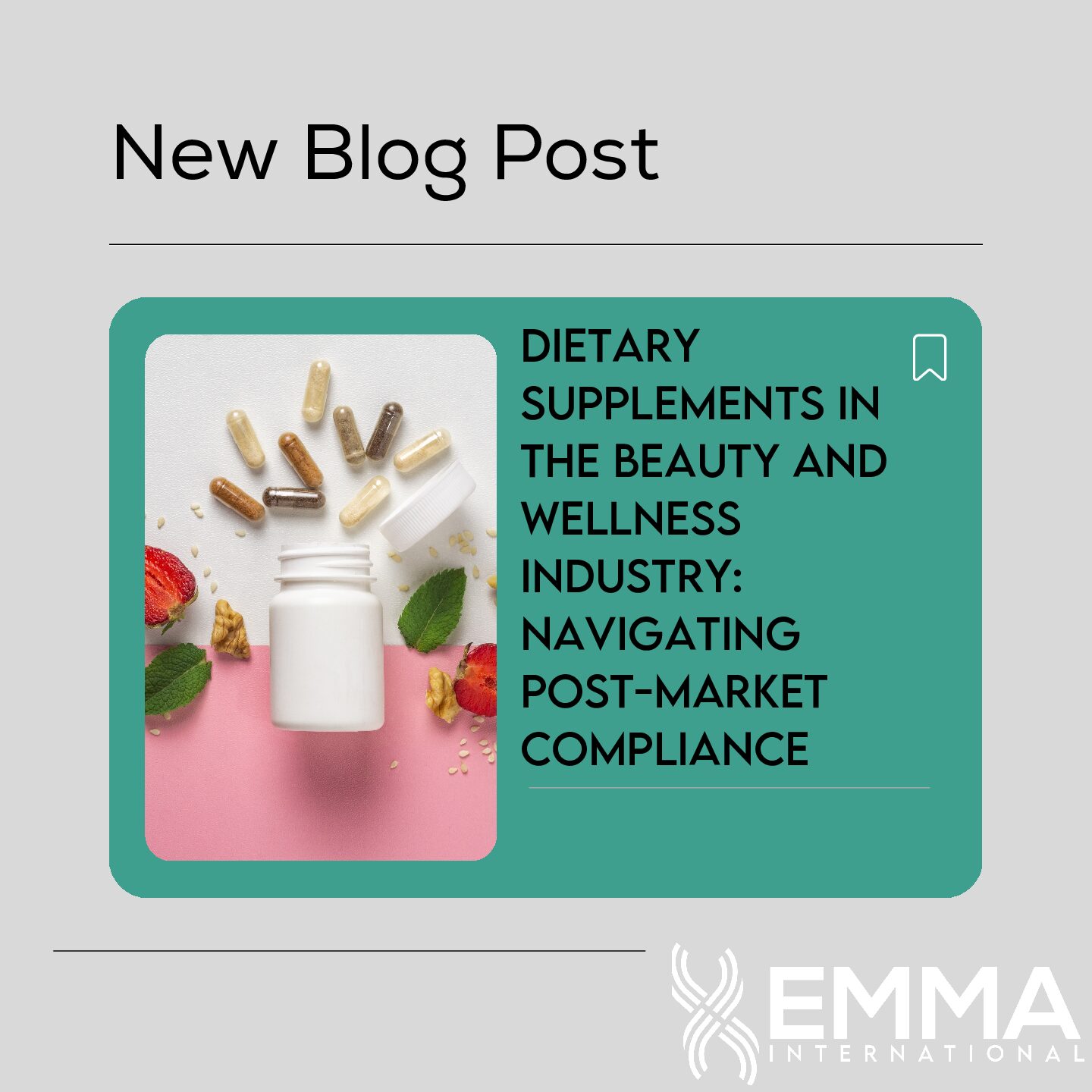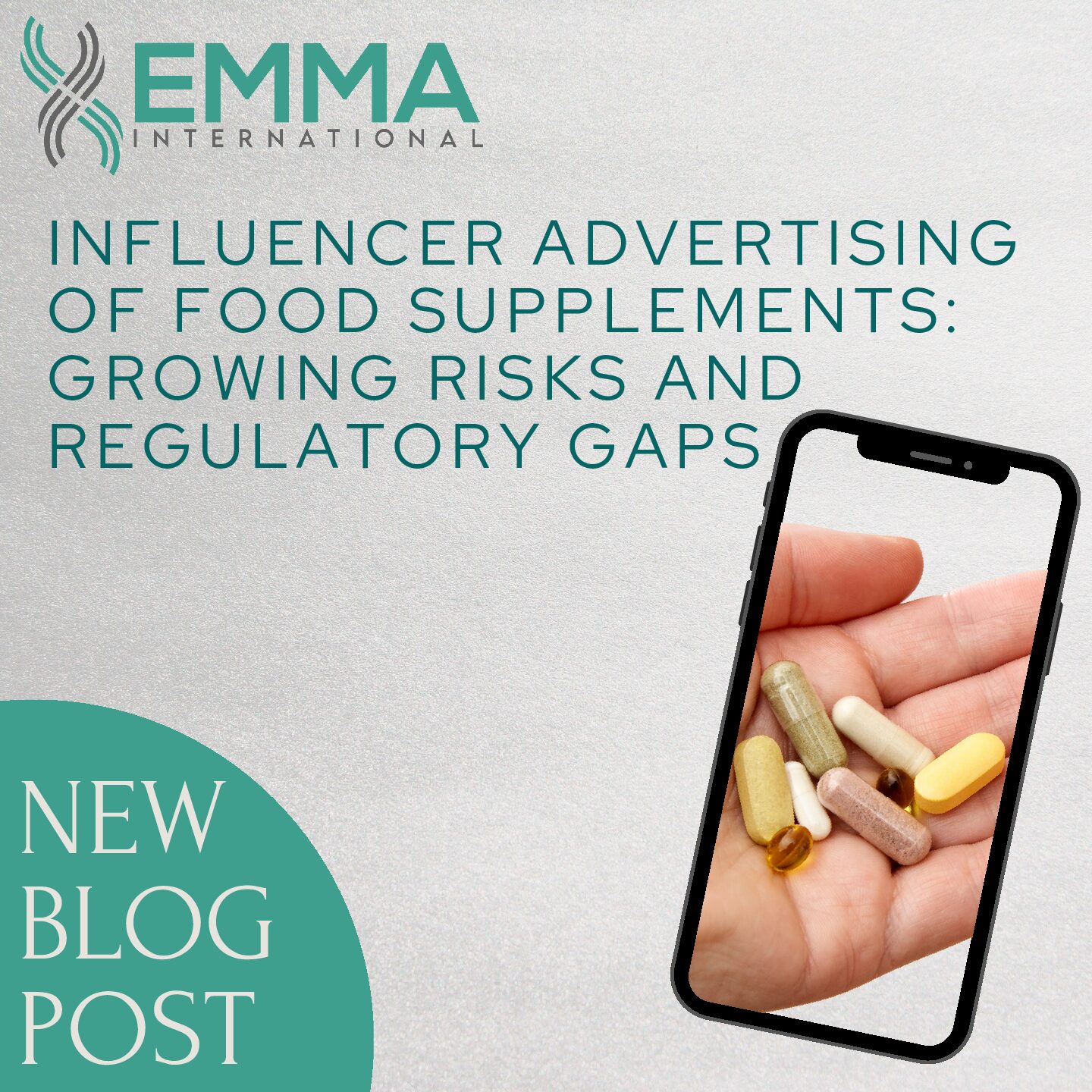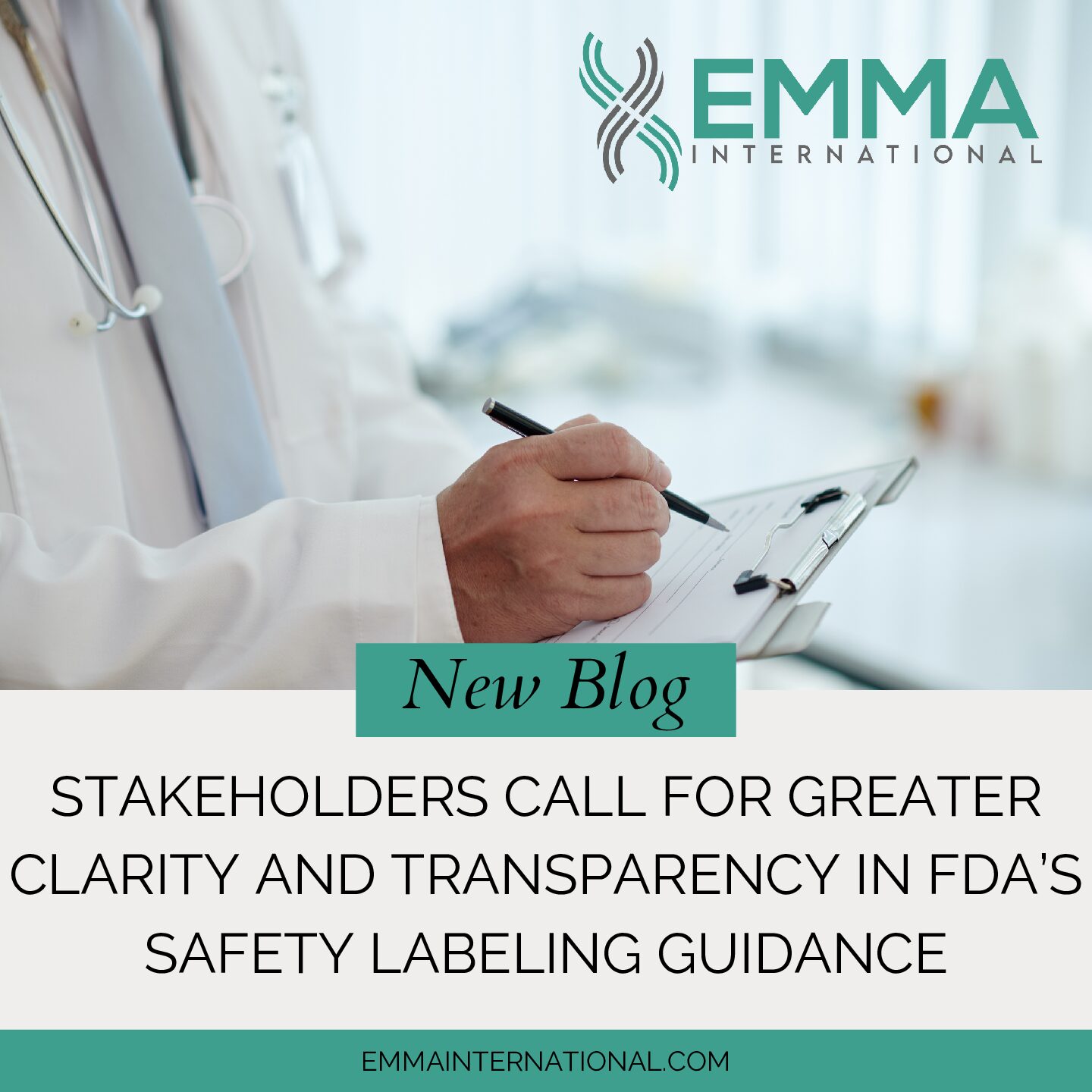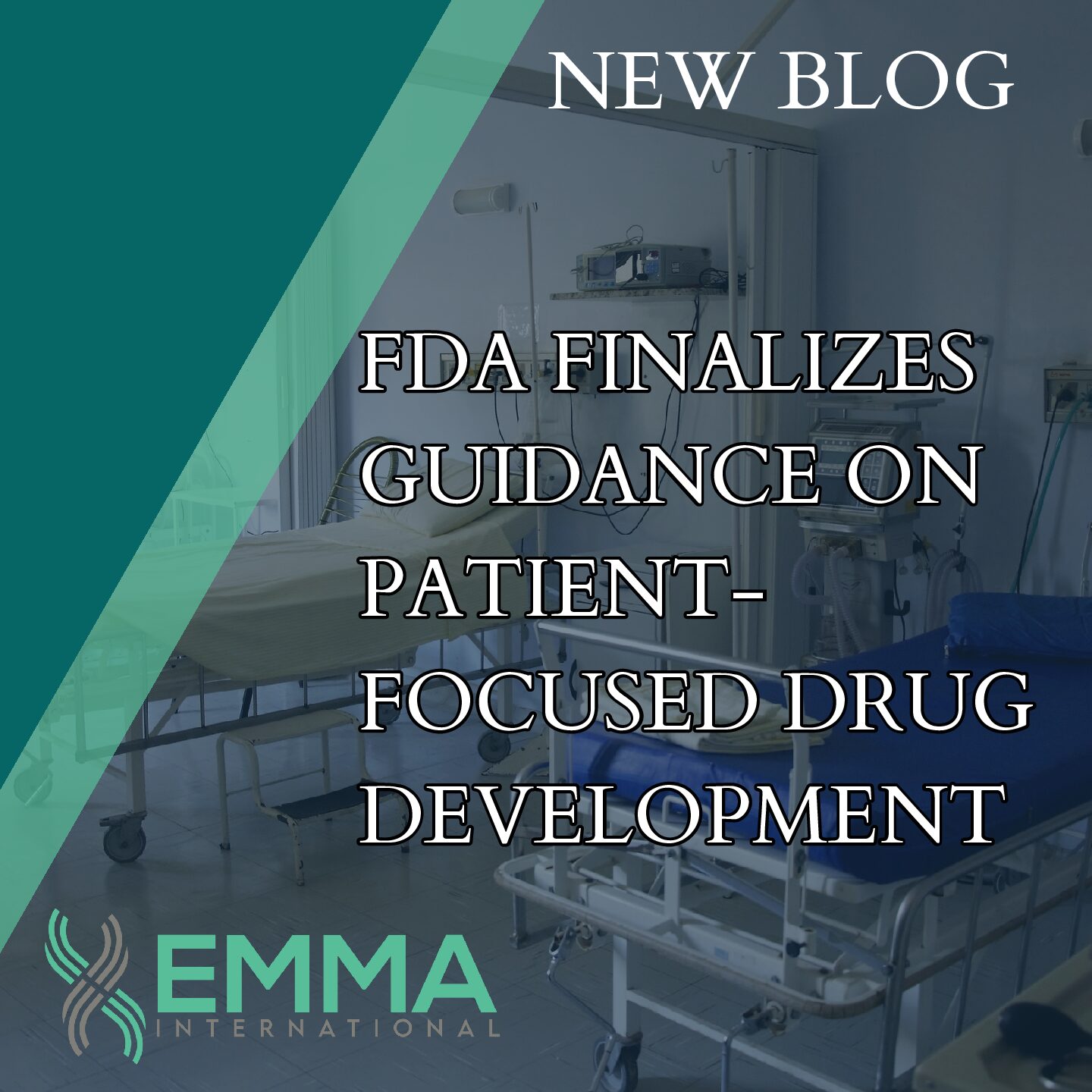The dietary supplement industry, particularly in beauty and wellness, continues to expand, driven by consumer demand for products that promise improved health, skin, and vitality. However, as this market grows, so does the importance of post-market compliance, ensuring that products remain safe, effective, and accurately represented to consumers. Post-market surveillance, quality control, and regulatory adherence are essential for the industry’s continued success and consumer trust.
One of the central aspects of post-market compliance is ensuring that dietary supplements align with their labeling claims. Regulatory bodies, such as the U.S. Food and Drug Administration (FDA), require that companies do not mislead consumers with unsupported claims. In the beauty and wellness sector, where products like collagen, biotin, and vitamin C are marketed to improve skin, hair, and nails, it is crucial that the benefits stated on the label reflect the actual effects of the product. Failure to meet these standards can lead to legal consequences, product recalls, and loss of consumer trust. Manufacturers must be able to justify claims with scientific evidence to avoid misleading marketing practices.
Post-market surveillance is another vital component of compliance. Unlike pharmaceuticals, dietary supplements do not undergo pre-market approval, meaning that manufacturers must take responsibility for monitoring their products once they enter the market. This includes tracking consumer complaints and adverse reactions and reporting them to the FDA. Effective surveillance helps to identify potential safety issues and ensures that dangerous products are quickly removed from the market. Failure to implement strong post-market surveillance can lead to significant risks to consumer health and expose companies to financial and reputational damage.
Additionally, adherence to Good Manufacturing Practices (GMP) is critical for ensuring product safety and quality. GMP guidelines require that dietary supplements be manufactured in a controlled environment to meet specific standards for purity, potency, and consistency. Non-compliance can result in contamination, improper labeling, and discrepancies in product quality, which can compromise consumer safety and product efficacy.
Clear and accurate labeling is another critical area of post-market compliance. Regulations require that dietary supplements provide transparent ingredient lists, dosage recommendations, and warnings about potential allergens. The labeling must also be consistent with the product’s claims, ensuring that consumers are fully informed about what they are purchasing. Misleading or incomplete labeling can result in regulatory penalties, product recalls, and consumer mistrust.
Moreover, the risk of product interactions with prescription medications is a growing concern. As more consumers use dietary supplements alongside traditional medicines, it is essential that manufacturers provide clear warnings about potential risks. Post-market compliance involves ensuring that these safety issues are communicated effectively to consumers, as failure to do so can lead to serious health consequences and legal liabilities.
In conclusion, post-market compliance is a cornerstone of the dietary supplement industry’s integrity. Companies must remain vigilant in ensuring that their products meet regulatory standards, provide accurate labeling, and maintain thorough surveillance for safety and efficacy. With growing consumer demand for beauty and wellness supplements, adherence to these compliance standards is crucial for protecting public health and maintaining trust in industry. Failure to comply can result in significant legal, financial, and reputational consequences, underscoring the importance of diligent post-market practices.
Reach out to us today at info@emmainternational.com or call us at (248) 987-4497 to learn how EMMA International can help you achieve your goals.
Resources:
FDA, “Dietary Supplements: What You Need to Know,” www.fda.gov
Geller, A. I., et al., “Adverse events related to dietary supplements,” JAMA Internal Medicine, 2015.
U.S. Department of Health and Human Services, “Current Good Manufacturing Practices (CGMPs),” www.fda.gov.
FDA, “Supplement Labeling,” www.fda.gov.
Maroon, J. C., & Bost, J. W., “The health benefits of omega-3 fatty acids,” Journal of the American Academy of Orthopedic Surgeons, 2009.





